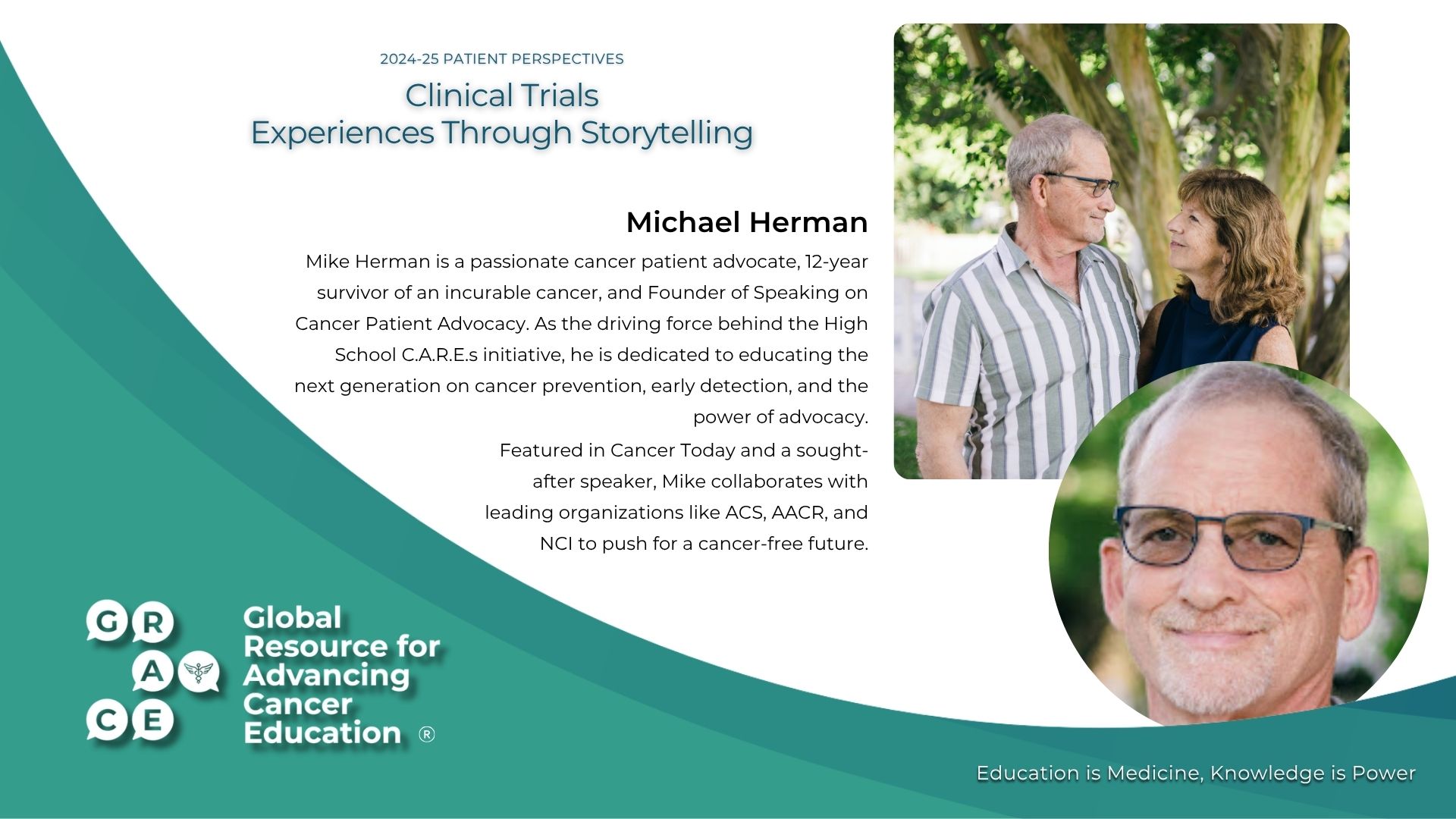The most exciting breakthroughs these days in cancer treatment are the identification of drugs that target specific genes and proteins. But how do you know if your cancer has the right gene? Does it have the right mutation, expression, or translocation? What tests needs to be ordered? Why can’t they just do a blood test? What are those buzz words like “cancer genomics,” “personalized medicine,” and “molecular profiling” supposed to mean?
The more we understand about cancer biology, the more confusing the nomenclature gets. I’d say that even for oncologists, many, or most, don’t understand the differences between gene expression, protein expression, gene mutations, translocations, and amplification. Although understanding these distinctions isn’t usually necessary to choose the right treatment, for those trying to keep track of the latest research and eligibility for new drugs and clinical trials, it helps to know what is being tested.
On the most basic level, cancer is a disease of the genes. This doesn’t usually mean there is a problem with the genes you were born with, but that as your healthy cells multiply, grow, and die, the genes (DNA) develop errors. When enough of these errors accumulate, the cells develop the ability to keep dividing, multiply quickly, avoid dying, and spread to other places in the body.
Traditional “cytotoxic” (i.e. “cell killing”) chemotherapy poisons cells that are multiplying. Cancer cells, by definition, are multiplying, so they are affected, but so are healthy, dividing cells. Newer “targeted” therapies inhibit the function of one particular gene or protein, which gets back to the original question. What tests determine if your cancer has the right target?
It’s important to understand the basic language and manufacturing process in the cell. DNA is the instruction book, which is screwed up in the cancer cells. DNA is transcribed or “expressed” as RNA, which is then translated, or “expressed” as protein. (See how the double meanings are already confusing?!)
The DNA is the problem in cancer, but that’s like saying the design drawings for the new pickup truck are bad. The cell is made of proteins like a truck is made of metal and plastic parts. You can imagine that some flaws would be easier to identify in the plans, but for others, you’d be better off just examining the truck. It’s noteworthy that if you were to spell out the total genetic code for a cell, it would be the size of an old-school set of encyclopedias. That’s a large set of design plans.
There are three basic things that can go wrong with DNA: mutations in the gene; increases in the number of copies of a gene; or translocations. In a mutation, one letter of the genetic code is misspelled, leading to an altered protein. Mutations are identified through gene sequencing or PCR. Increased copies of a gene (amplifications) lead to an increased amount of a protein and are usually identified by a test called FISH (fluorescent in situ hybridization). In translocations, two genes get cut-off and then stuck together in the middle, making a new protein (i.e. combine “elephant” and “mosquito” to get an “elephquito”).
When you are measuring protein levels, ironically, we still use one of the oldest technologies available: a microscope. In IHC (immunohistochemistry) a slice of tumor on a microscope slide is stained with an antibody to the protein of interest and then visually scored by trained personnel. You can see how this would be difficult to standardize and score the same way every time around the world.
Finally, RNA, as the intermediary, is not currently used in many clinical applications in lung cancer, but is the subject of much research as it is easier to analyze than protein, and can sometimes give a clearer picture of what is going on than DNA.
So, how do we use all this to find the right drugs for the right patients? This table is by no means all-inclusive, but illustrates some of the most current tests we are using in lung cancer to find the right drugs for the right patients. Some breast cancer examples are included. Three years from now, I fully expect a table like this to have more drugs, more tests, and more exciting results for people with lung cancer.
You are not able to get this information from a blood test. You have to have a decent sized biopsy in order to get enough DNA for testing. For IHC, you need even more because you have to cut slides of the biopsy specimen.
In summary, newer drugs target specific protein changes in cancer cells, and therefore, having the correct target is essential. These molecular tests may mean additional biopsies and disappointing results when the hoped-for target doesn’t exist, but if the right drugs go to the right people it is unquestionably worth it.






Dr. Goodgame,
Thank you very much for clarifying the various terms, how they fit together, and how testing is basically done. How is the T790 secondary mutation discovered, and can it coexist with MET over expression? (Am I mixed up about this?)
Wonderful post.
Jazz
Both of these mechanisms are detected by looking at tumor tissue, and there aren’t commercial tests for these: testing would be done at a few specialized labs at a few larger cancer centers. This testing isn’t standard of care, doesn’t have any clear treatment implications yet, and isn’t widely available.
The T790M mutation and MET overexpression are considered as two distinct ways that resistance to EGFR TKIs may occur and therefore aren’t expected to occur together. I don’t know that they’ve never occurred in the same patient, but it wouldn’t be expected.
-Dr. West
Actually, in Jeff Engelman’s Science paper a few years back looking at biopsies of tumor that progressed on Tarceva, there was one patient who had T790M in one area of progression and MET amplification (and no T790M) in a different tumor progressing in the same patient! This just illustrates that this area is more complex than one might think and that a single approach to overcoming resistance is likely to be of limited benefit.